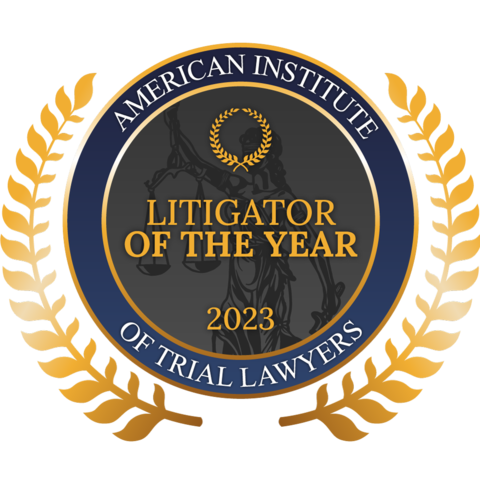Every criminal accusation in Islip or anywhere in the State of New York is cause for concern. However, when the prosecutor or police believe that the alleged victim’s identity was a motivating factor in the incident, the potential consequences can be much more severe. A hate crime is not a criminal charge in and of itself but rather is an aggravating factor that elevates an existing criminal charge. These factors can make the potential sentences for otherwise minor charges much more worrisome.
An experienced defense attorney like Mike Schillinger may be able to help. Mike Schillinger is an Islip hate crimes lawyer who works with clients to understand why their charges are classified as hate crimes, helps formulate a defense, and protects their rights in court.
What Makes an Incident a Hate Crime?
According to New York Penal Code § 485.05, a hate crime is any crime that a person commits against another person or their property because of the identity of the alleged victim. This can include:
- Gender
- Religion
- Age
- Disability
- Sexual orientation
- Race
To prove an incident is a hate crime, the prosecutor must demonstrate that the defendant committed the crime, at least in part, because of the alleged victim’s identity. For example, if the defendant is alleged to have attacked someone because they are Hispanic, this may classify as a hate crime.
Alternatively, a prosecutor may prove a hate crime by presenting evidence that the defendant committed the act because of their beliefs about the alleged victim, even if their beliefs are not correct. For example, if a defendant is alleged to have robbed a store owned by a woman because they believe that she is Jewish, even when she is not, this may be a hate crime. Mike Schillinger is a skilled attorney experienced in fighting hate crime allegations in Islip and can offer guidance and support.
What Effect Will a Hate Crime Designation Have on a Case?
A hate crime allegation is an aggravating factor. This means that there is no charge known as a “hate crime” in New York’s Penal Code. Instead, allegations of crime motivated by hate are more serious versions of already illegal activities.
Hate crimes increase the severity of the potential penalties for conviction. The court will treat the crime as more serious than it would usually be. For instance, a crime that is typically a class D felony may be upgraded to a class C felony if charged as a hate crime.
Hate crimes can also turn misdemeanors into felonies. Crimes that are classified as class A misdemeanors may become class E felonies if the prosecutor can prove that they were committed as a hate crime. A knowledgeable Islip defense attorney like Mike Schillinger may be able to help you fight back against hate crime allegations.
Consult With an Islip Hate Crimes Attorney
Facing criminal charges is difficult enough, but allegations that the offense was motivated by hate can be intimidating. A hate crime conviction could result in enhanced penalties if otherwise minor charges are raised to felonies. Furthermore, being convicted of a hate crime comes with its own social stigmas that can impact a person’s ability to gain employment or go to school.
Mike Schillinger is an Islip hate crimes lawyer who may be able to help you. He will listen to your side of the story and help you fight back against hate crime allegations. Contact the Law Office of Michael A. Schillinger today so we can start planning your defense.
 N/a
N/a
 N/a
N/a










